
|
||||

|
||||

|
||||

|
||||
 About Me Affiliates Contact Credits Disclaimer FAQs Guestbook Guest Map History Hosting Link Me My Awards Newsletter Past Contests Privacy Policy Siblings Submission Policy Updates  Clow Cards Costumes Episode List Glossary Incantations Key Places Magical Items Nakuru's Interruptions Name Twists Naoko's Stories Official Links Production Staff Profiles Relationships School Uniforms Sketches Star Cards Storyline Touya's Jobs Voice Actors Yamazaki's Lies  Awards For You CCSTMW Cosplay Fanart Fanfiction Fanlistings Forum Learn Japanese Legacy Sites Merchandise Music Videos  Animated Gifs Ask Clow Reed Birthdays Blood Types Bloopers Coloring Pages Design a Card Flora and Fauna Fortune Telling Kero's Pudding Look-Alikes Love Test Picture Guessing Polls POTM Quizzes Tag-board Tic Tac Toe |
 Fanstuff /Learn Japanese/
Let's use Cardcaptor Sakura to help us learn some basic Japanese greetings and phrases! Basic Greetings
Ohayou Gozaimasu - おはようございます
Ohayou Gozaimasu means "Good morning." The shortened version is ohayou which means the same thing. The shortened version is used among family and friends. The full version is used when speaking to people that you aren't familiar with or someone of higher status, such as your teacher or boss. 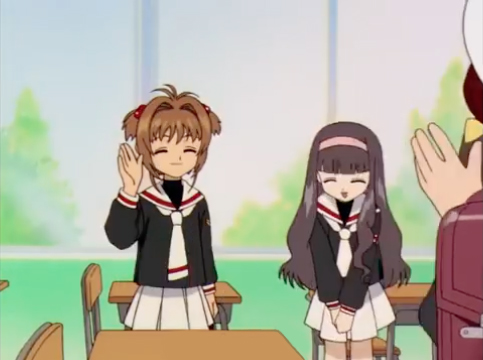
Konnichiwa - こんにちは
Considering the fact that it's made its way into English, I bet you already know that konnichiwa means "Hello!" But, here's what you didn't know. After 10 a.m., Japanese people make it a point to change over from ohayou to konnichiwa. (No. I'm not kidding. A timeframe has actually been established...) This greeting derives from the sentence 「konnichi wa gokiken ikaga desu ka」 which was used back in the old days. 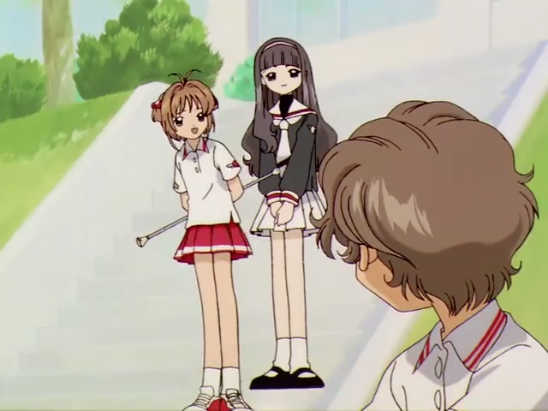
Konbanwa - こんばんは
Konbanwa means "Good evening." It comes from the same old sentence that konnichiwa does. The only difference is that konnichi is swapped out with konban. So, the sentence is「konban wa gokiken ikaga desu ka.」 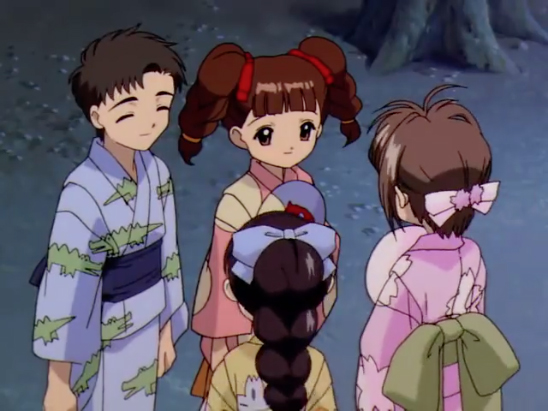
Sayounara - さようなら
Here's another one that has made its way into English-- sayounara. It means "Goodbye," but it is actually rarely used in comparison to other goodbye greetings. It implies that you don't expect to see whomever you are talking to for the rest of the day, until fate brings you together again, or maybe never again! 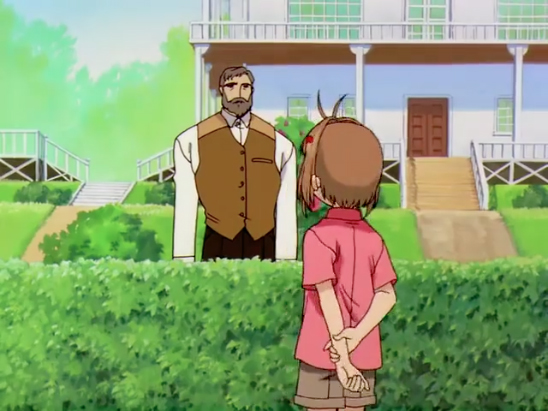
Mata ne - またね
Mata ne is the goodbye greeting you use with your family and friends. It implies that you expect to see them again soon. It translates as, "See you later." Alternatively, you could say jaa ne which has the same meaning. 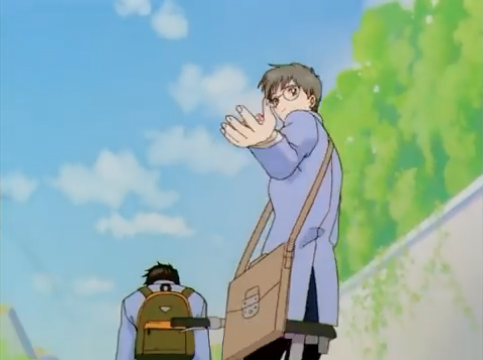
Oyasuminasai - おやすみなさい
Oyasuminasai means "Good night." The short version is oyasumi. It literally translates to "Please rest." 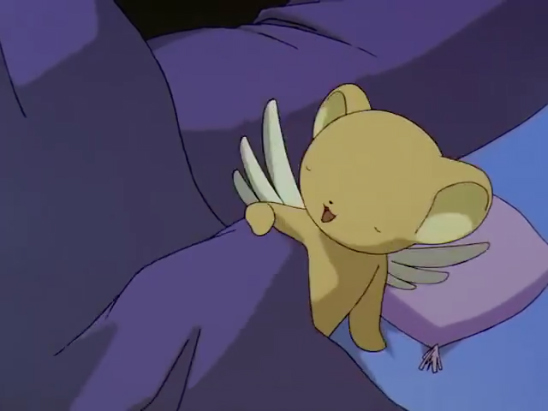
Ittekimasu - いってきます
When Japanese people leave their homes to go somewhere, they say ittekimasu. It literally means, "I will go and come back," but it is usually translated as, "I'll be back." 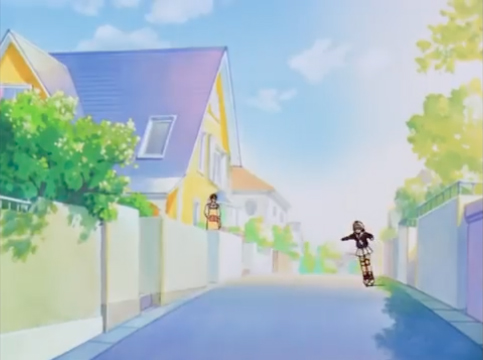
Itterasshai - いってらっしゃい
This is a response to ittekimasu. Family members who will remain home or haven't left yet say itterasshai to the person who is leaving. It literally means, "Please go and come back," but it's usually translated as, "See you later." 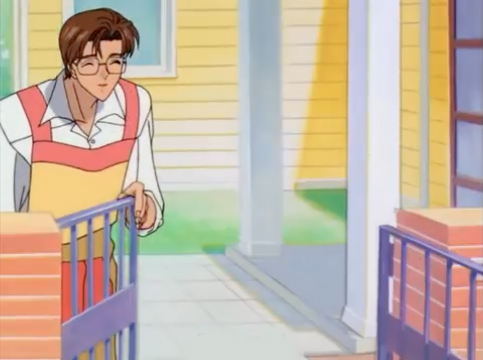
Tadaima - ただいま
When arriving home Japanese people say tadaima. It derives from the sentence 「tadaima kaerimashita」 and literally means "just now." However, it translates to "I'm home" or "I'm back." 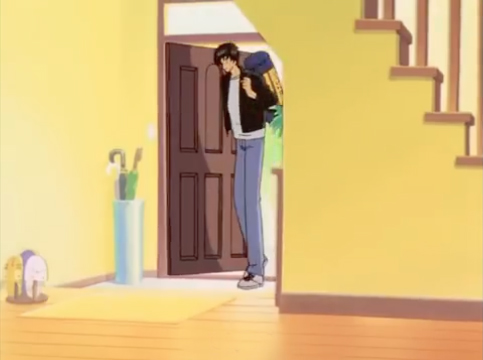
Okaerinasai - おかえりなさい
This is a response to tadaima. When someone arrives home, you say okaerinasai which means "Welcome home" or "Welcome back." The shortened version is okaeri. 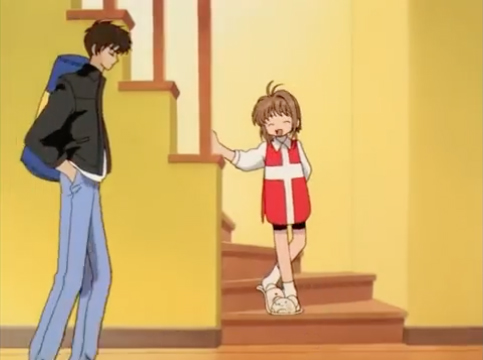
Basic Phrases
Itadakimasu - いただきます
Before eating anything, Japanese people say the phrase itadakimasu. It is a very polite way to say, "I will receive this." Because Westerns don't have this custom, it is difficult to translate into English. But, just know that Japanese people say this as a way to give thanks to everyone that made it possible for them to eat the meal. 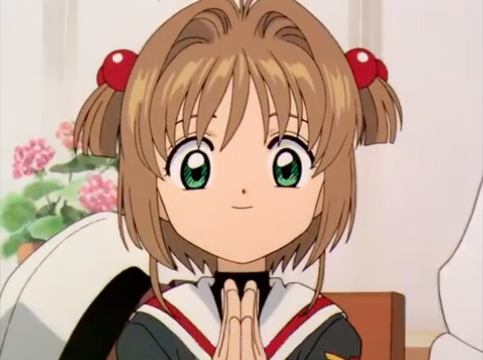
Gochisousama Deshita - ごちそうさまでした
After eating, Japanese people say the phrase gochisousama deshita. It is a very polite way to express that you've had a good meal. Again, it is difficult to translate this phrase into English as Westerners don't follow this custom. The phrase is sometimes shortened to gochisousama. 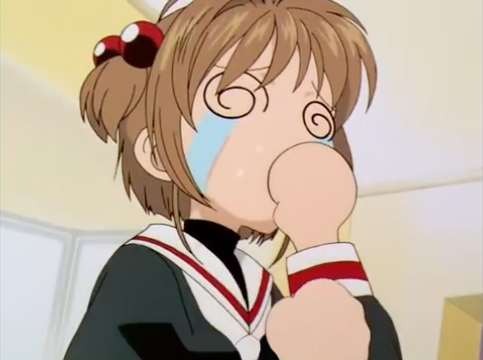
Kampai! - かんぱい!
Kampai means "Cheers!" When Japanese people are attending a party, they make sure that everyone has a drink and the toast has been made before they take their first sip. It can also be written using an "n" instead of an "m" (kanpai). 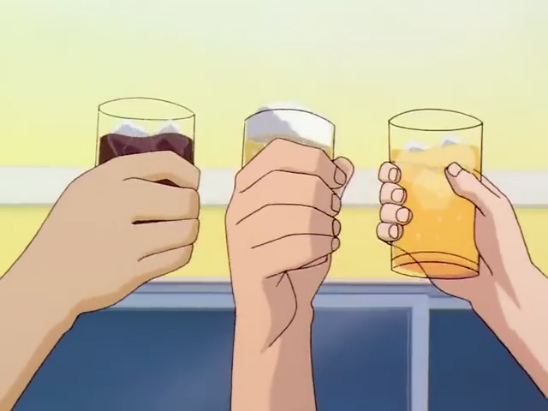
Yoroshiku Onegaishimasu - よろしくお願いします
This phrase can actually be used in multiple situations as it has multiple meanings. In this case, it was used when meeting people for the first time, so it means, "Nice to meet you." 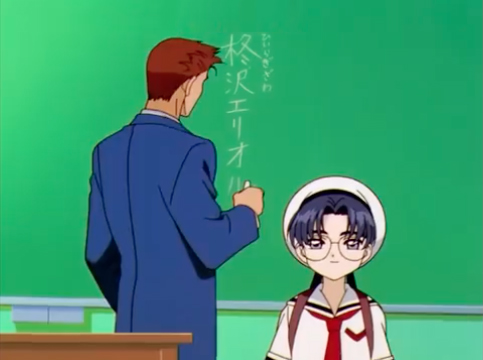
Arigatou Gozaimasu - ありがとうございます
This phrase has made it into English in a slightly different form. If you've heard Domo Arigato Mr. Roboto, then you can gather that arigatou gozaimasu means "Thank you." This phrase is an important one to remember because Japanese people use it all day every day. (It's actually very common for people to reply to "Thank you" with "Thank you" rather than "You're welcome!") The short version is arigatou. 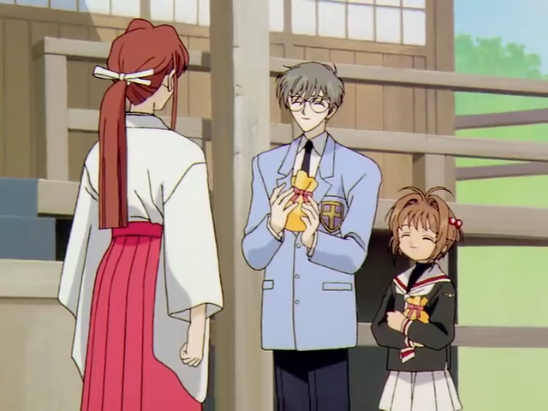
Douzo - どうぞ
Much like yoroshiku onegaishimasu, the phrase douzo can be used in multiple situations. It means "please" in a giving sort of way. In this case, Maki presents tea and cookies to Sakura and her friends, expresses her thanks for their help, and says douzo implying, "Please help yourself." 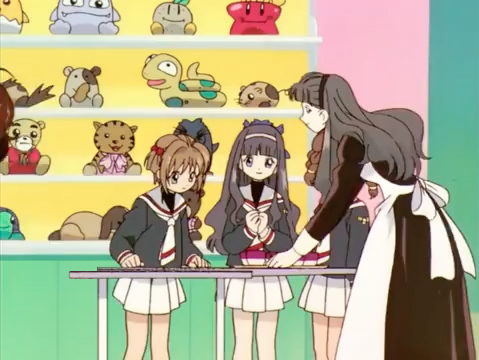
Omedetou Gozaimasu - おめでとうございます
Omedetou gozaimasu is a general way to say "Congratulations." The short version is omedetou. It can be added to the back of a noun to form different phrases. For example, 「kekkon omedetou gozaimasu」 means, "Congratulations on your marriage" and 「tanjoubi omedetou gozaimasu」 is "Happy Birthday." 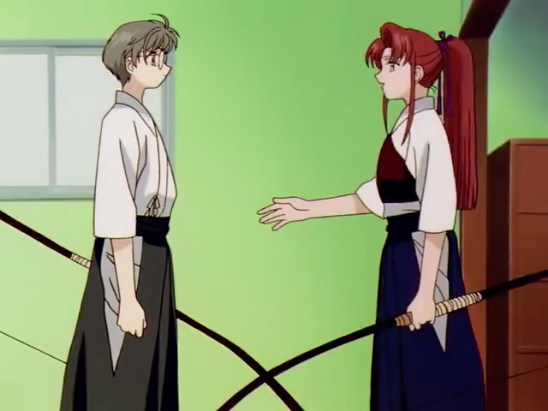
Ganbatte Kudasai - 頑張ってください
Often times translated as "Good luck," ganbatte kudasai literally means, "Please do your best." It's usually said in relation to work or school. The short version is ganbatte, and like kampai, you can use an "n" or an "m" when writing it. 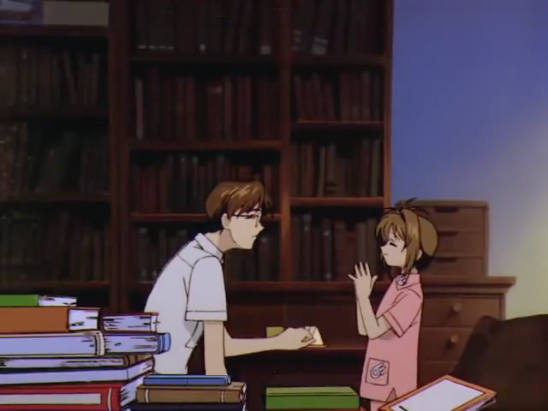
Yatta! - やった!
Yatta means, "I did it!" When Japanese people have worked hard to complete a task and have finally finished it, you might hear them say yatta excitedly! 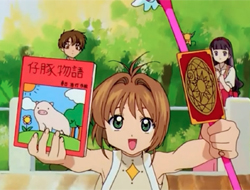
Ask a Question!
Do you have a question about any of these greetings or phrases? Just fill out the form below! I'll try to get back to you as soon as possible!! |
 American Anime Comics Art Books Bilingual Chapter Comics CLAMP Clear Card Arc Collector's Edition Honorifics International Master of the Clow Nakayoshi 60th Anniversary Edition New Edition Omnibus Original Other Books Overview Variations  Audio Clips Blu-ray CDs DVDs Fonts Gallery iPod CCS LaserDiscs Lyrics Magazines Midis VHSs Video Clips Video Games  Terms of Use Adoptables Avatars Backgrounds Banners Blinkies Hiatus Signs Layouts PNGs Splashes Wallpapers |
||